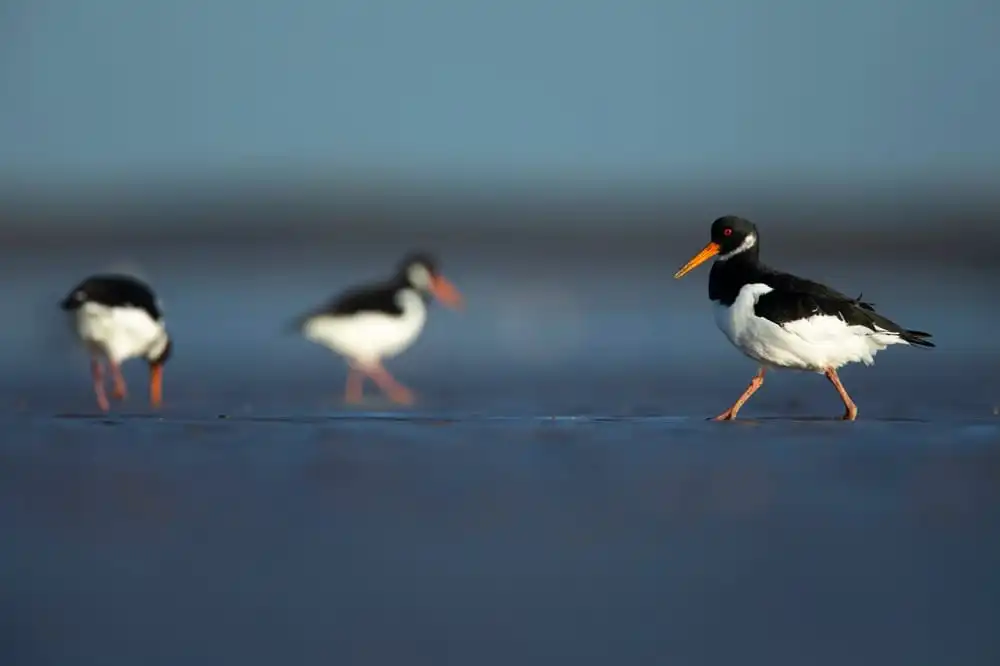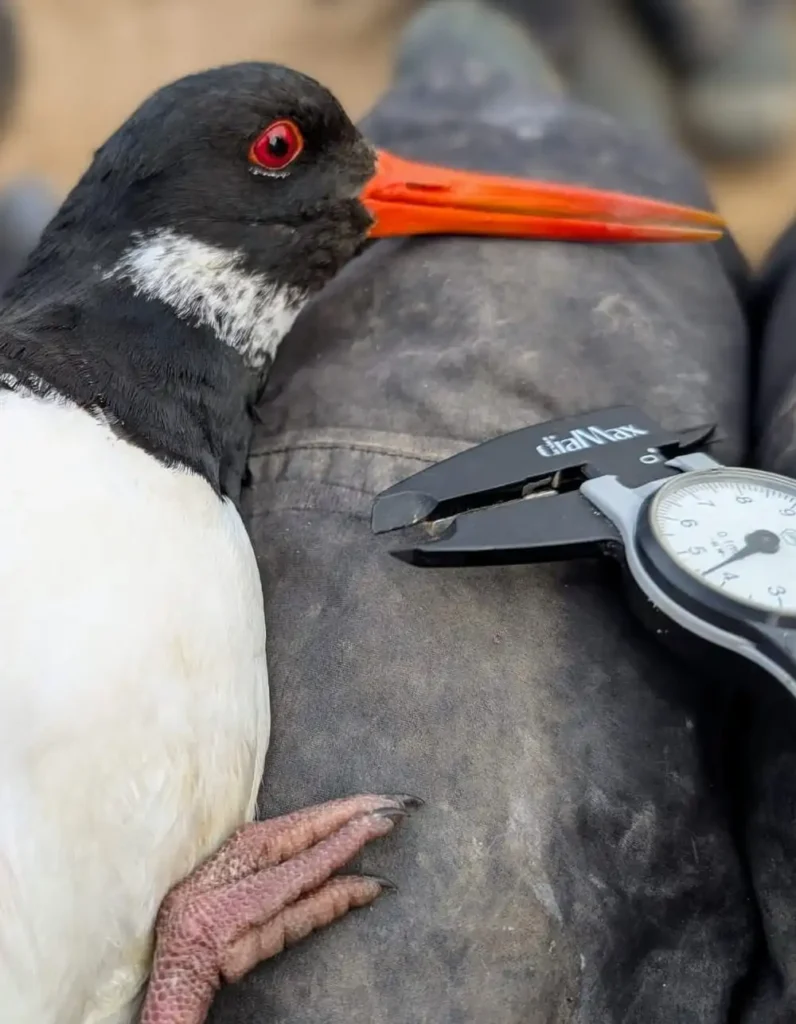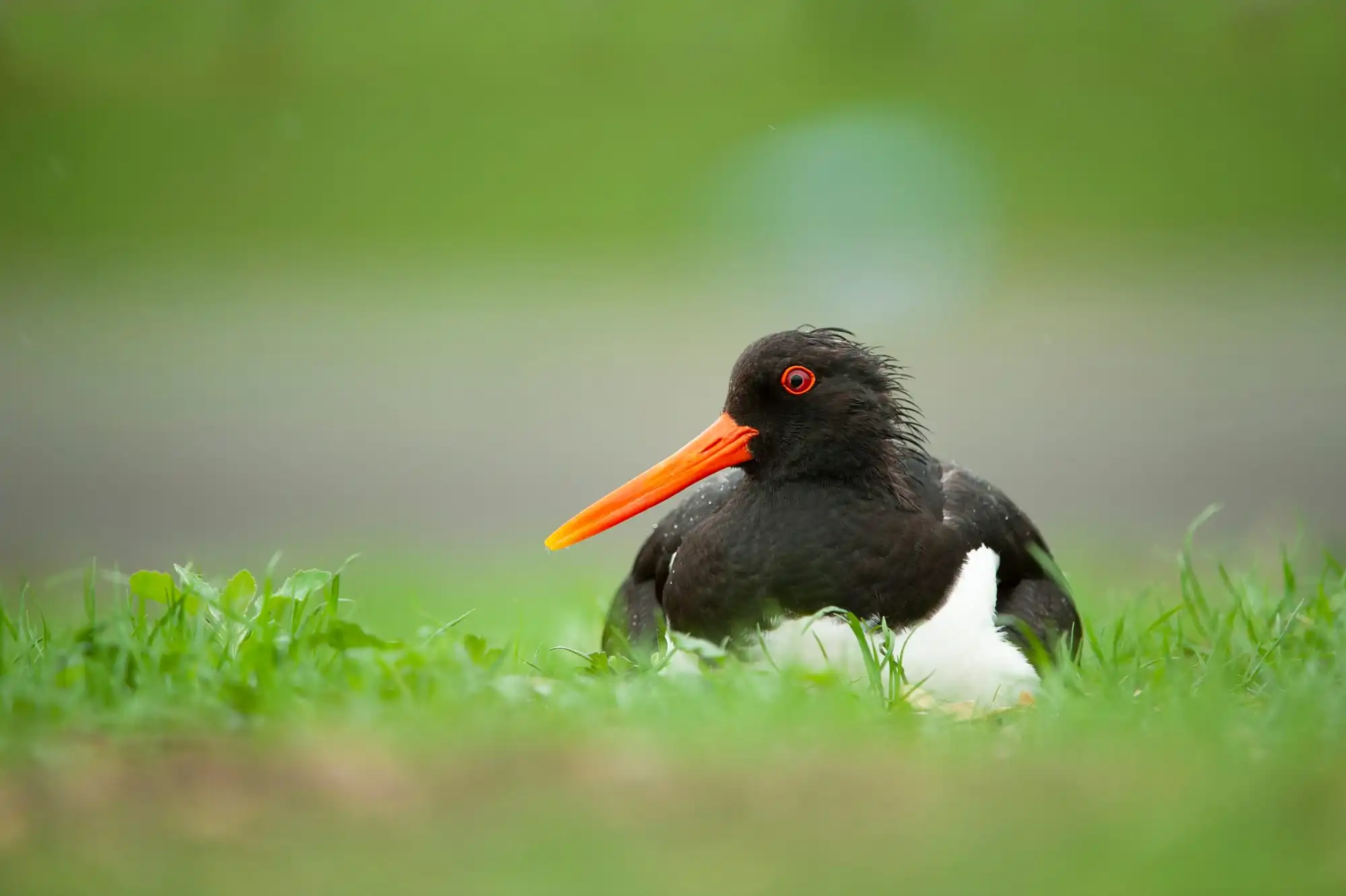Conservationists Celebrate Rare Discovery of Two Record-Breaking Oystercatchers on England’s East Coast
Wildlife experts are celebrating an extraordinary find along England’s East Coast Wetlands, where two remarkably aged Oystercatchers were recorded just weeks apart—each setting new age records.
The discoveries highlight the essential role this coastal region plays in supporting long-lived and migratory bird species. The Wash Wader Research Group (WWRG) first observed a 41-year-and-8-month-old Oystercatcher at RSPB Snettisham in Norfolk, marking a new longevity record for the UK. Just days later, another even older bird was detected nearby—estimated to be at least 43 years old, possibly up to 46.

With a typical lifespan of just 12 years, these birds are exceptional survivors.
“These are incredible findings,” said Jacquie Clark of WWRG. “Uncovering two elderly birds in such a short span speaks volumes about how crucial The Wash is for their longevity and wellbeing.”
Oystercatchers, known for their striking black-and-white plumage, red-orange bills, and bright legs, are a familiar presence along British shores. They feed primarily on shellfish and invertebrates found in tidal flats. Both birds were identified through leg rings placed as part of a long-term tracking initiative by the British Trust for Ornithology (BTO).

“Decades of bird ringing allow us to trace not only movement patterns but lifespans,” said Dr Ellie Leach from BTO. “These birds have outlived many of the researchers who originally tagged them!”
The Wash is one of Britain’s most vital areas for migratory birds, hosting as many as 400,000 waterbirds during winter months, including around 26,000 Oystercatchers.
Jim Scott of the RSPB described the region as “internationally important,” emphasizing the urgent need to preserve it.
In 2023, the East Coast Wetlands were placed on UNESCO’s tentative World Heritage Site list in recognition of their significance to bird migration routes along the East Atlantic Flyway. In response, the RSPB has launched a new appeal to bolster conservation efforts in the area.
